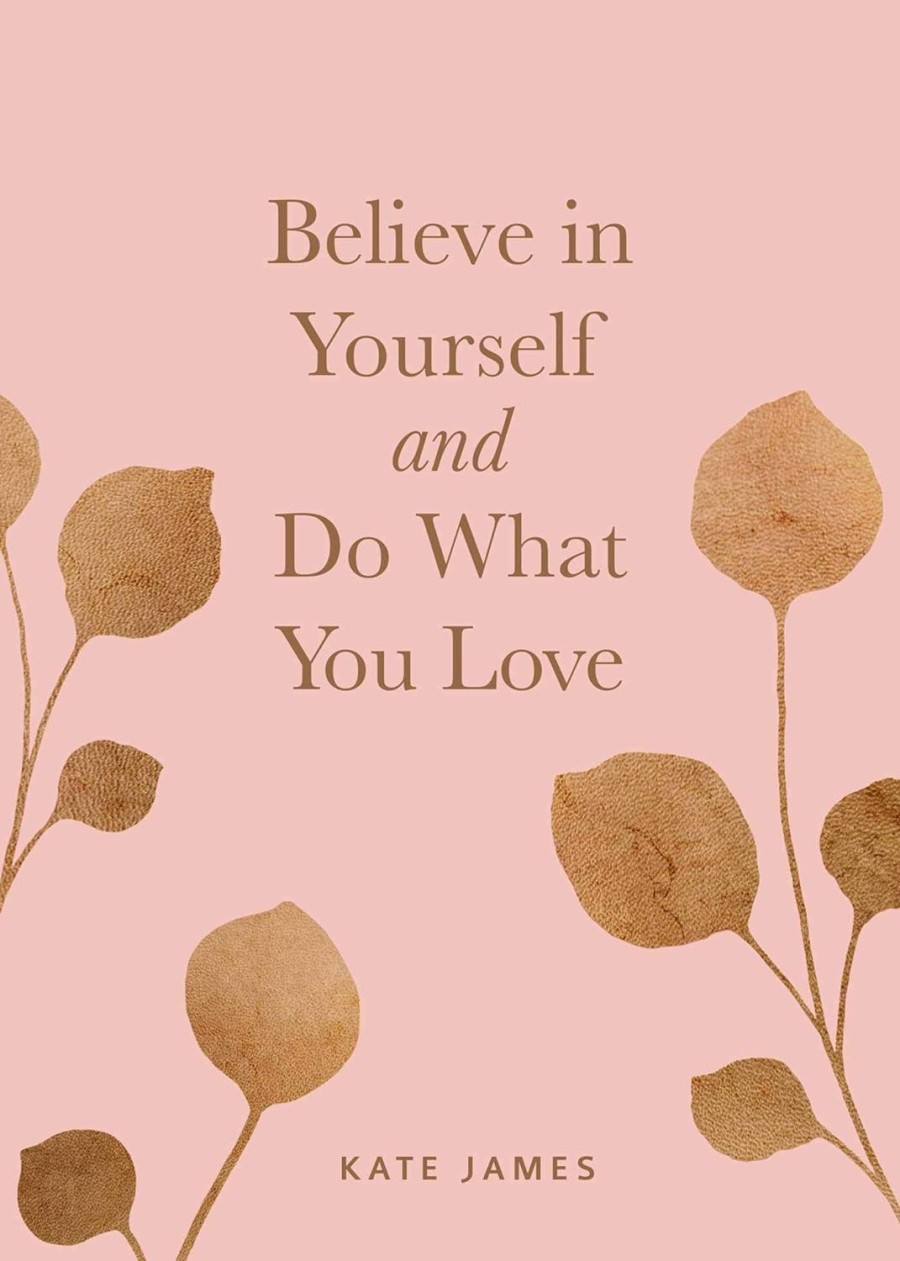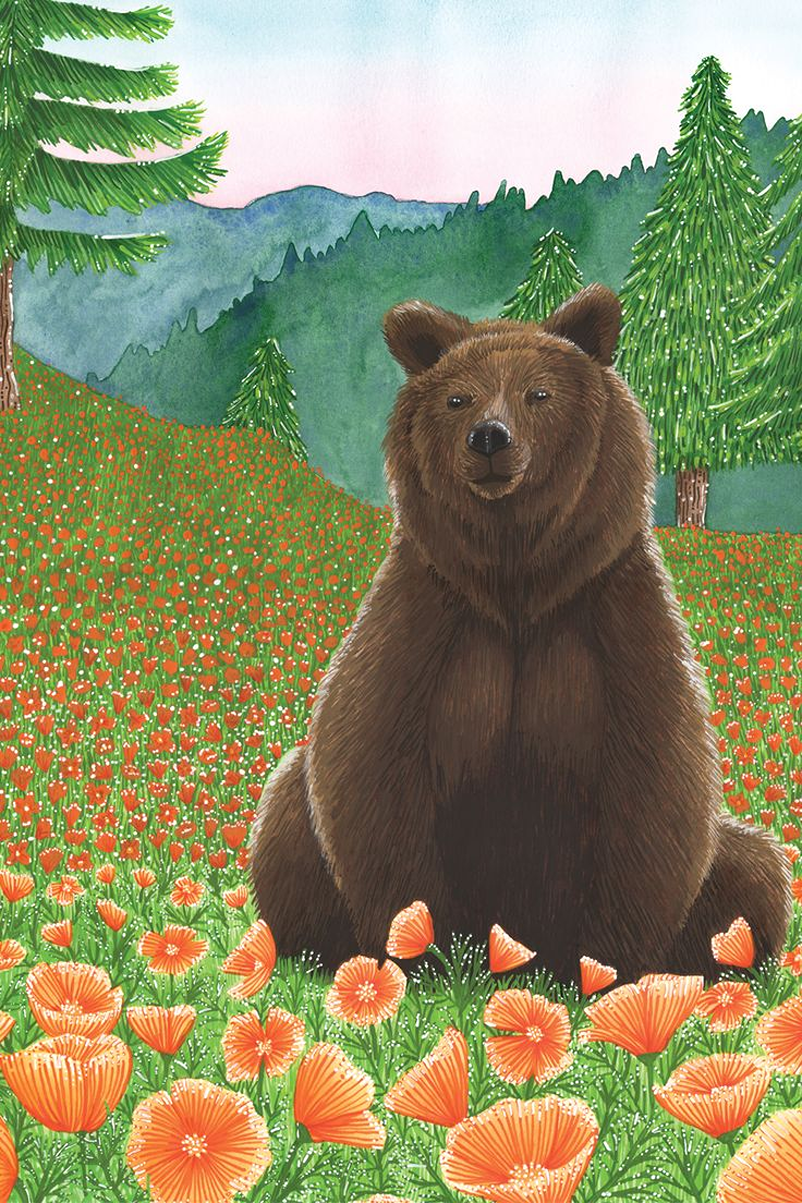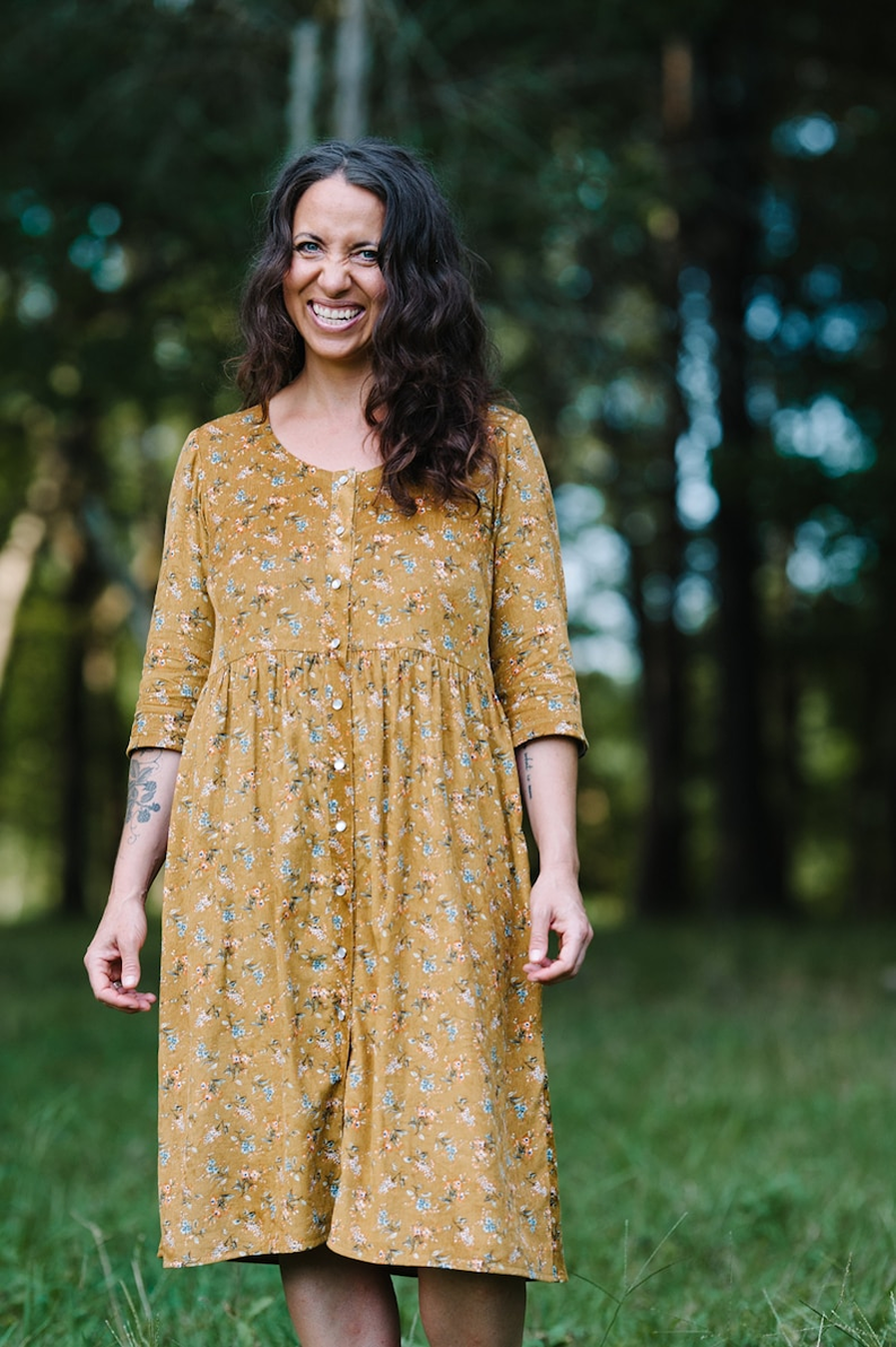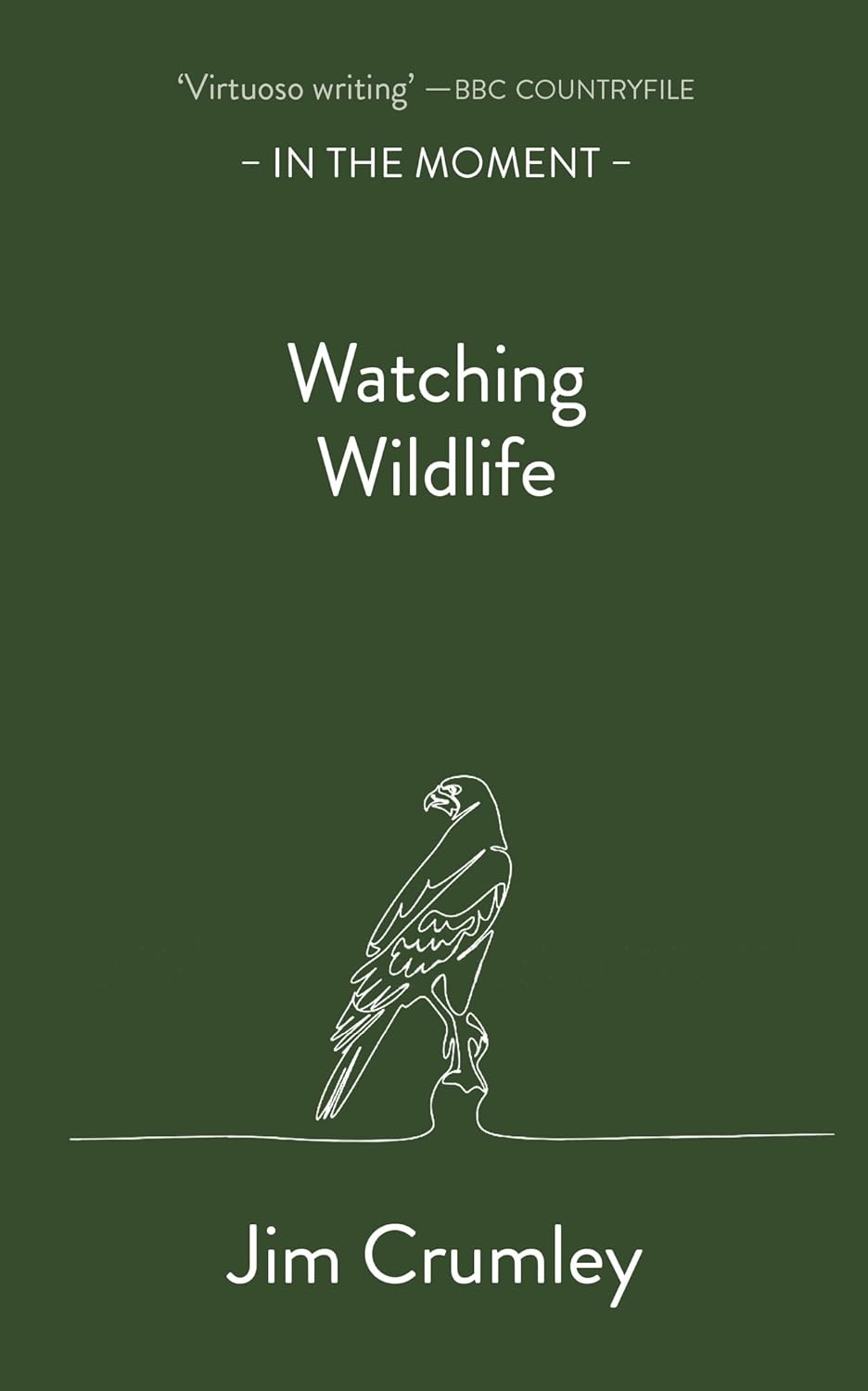
There’s the old adage of ‘do what you love and the money will follow’. Of course that’s not always true. If your passion is to run an animal sanctuary or homeless shelter, it’s likely you won’t become a millionaire. But you’re probably be a lot happier than an burned-out trader in the city who is making a lot of money, but would rather help out at a soup kitchen. You may love to sing or paint (that’s doing what you love). But if you have no talent and your work sucks, nobody is going to pay you!
So this post is not so much about always earning money. But for those who are stuck in jobs they hate (or have a talent going wasted) that could free up time to earn some decent income. Then of course if you earn decent money, you have more free time to do stuff that has nothing to do with work. Also read how to set up a tiny business and how to set up a simple business account.
matching the helpers with the funders!
We think these sites are a fab idea. They exist for people who have a passion (writing, painting, music) and then they offer the information for free, and if they can’t ‘sell anything’ to make money, the people who like what they offer then pool small donations, to help the givers earn a living.
In his book Bullshit Jobs, David Graber wrote how society is set up to create jobs that ‘don’t exist’, like telemarketers. Yet there are so many talented people who would love to say write for a living but can’t afford it, as what they write about is not something that would earn money. Yet there are many people who would rather read what the people write, and donate to help them, than to go out and buy stuff they don’t need.
So these sites put two and two together. People can do what they love ‘for nothing’ and get donations from those who like to read or use what they offer. And then the money goes to a good cause, rather than to bullshit jobs that should not really exist!
Ko-fi has over a million creators getting so-far $8 million in monthly donations and sales from fans. The chap at Tiny Eco Home Life earns money from fans liking his posts. Start with a free tip jar, then share your work, receive donations, sell memberships, products or commissions, and even set up a crowdfunding goal, all in one place. You can share messages, give something back to supporters and accept one-off payments, if you don’t want people to commit to monthly memberships.
Buy Me a Coffee is a simple online ‘tip jar’ where people can tip you for reading or viewing or listening something they like. It’s very simple to use. But don’t be fooled – a few creators earn a six-figure income from this method alone, if producing quality content that helps others. Supporters don’t have to sign up and you get money instantly, Coindrop and Tippee are similar alternatives.
Patreon is the main player for writers, artists and musicians, offering monthly memberships that are giving full-time income to some. With no ads and no social media, readers can simply join your community and read and share your work, because they love it.
Medium is a site where writers can build up a reputation by offering quality posts. Those that receive the most ‘claps’ earn money. This site is about quality in a creator economy ruled by clickbait and ads. If you can’t write well, don’t bother!
don’t waste 80,000 hours of your life!
80,000 Hours is a guide based on over 10 years of research alongside academics at Oxford, on tackling one of the world’s most pressing problems – finding a job that you enjoy and does good. If you work full-time until retirement age, the average person works for 40 hours a week for 50 weeks a year for 40 years. This adds up to around 80,000 hours, so choosing to do something you love and does good, is vital to the quality of your life – and the legacy you leave.
Make the right choices, and you can help solve some of the most pressing problems, and also have a more rewarding and interesting life. But if you are working long hours to contribute to the problems we already face (climate change, animal abuse, war, unhappiness, stress, consumerism), it’s surprising that there is not much advice out there on how to change direction.
Most career advice focuses simply on how to write CV and to ‘follow your passion’. This is not always possible (your passion may be teaching elderly people to navigate the subway, but it won’t make you a living). Likewise, if you passion is building big online stores to put indie shops out of business, your passion then has detrimental effect on the jobs and lives of others (ie. they fold and the people passionate about books or whatever become unemployed, and unable to follow their passion of serving a local community).
The book is filled with practical tips and tools. So you’ll come away with a plan to use your 80,000 hours in a way that’s good for you and others in the world. Benjamin Todd is co-founder and president of 80,000 Hours, an indie non-profit founded in Oxford. It performs research into career choice, and offers online and in-person advice. He has a Master’s degree in physics and philosophy from Oxford and speaks Chinese (badly). He still sounds like a clever boy!






